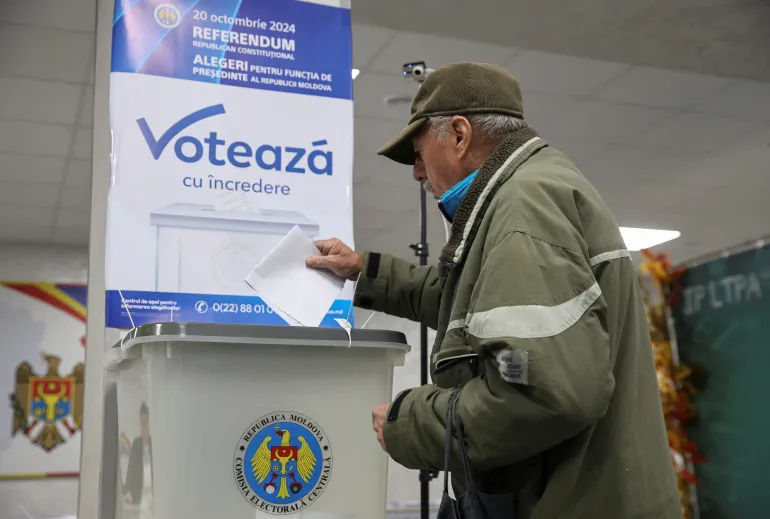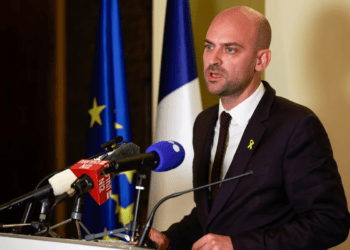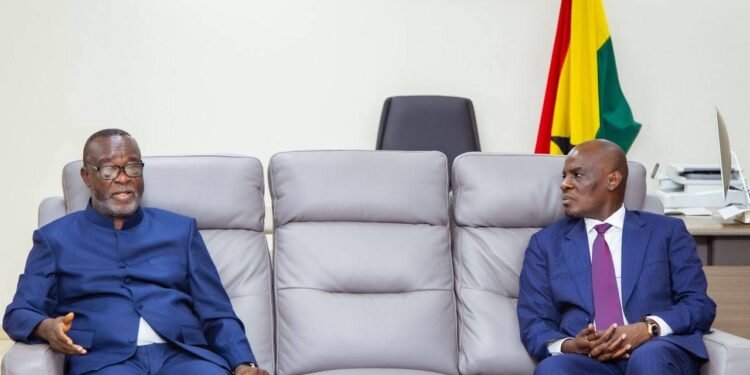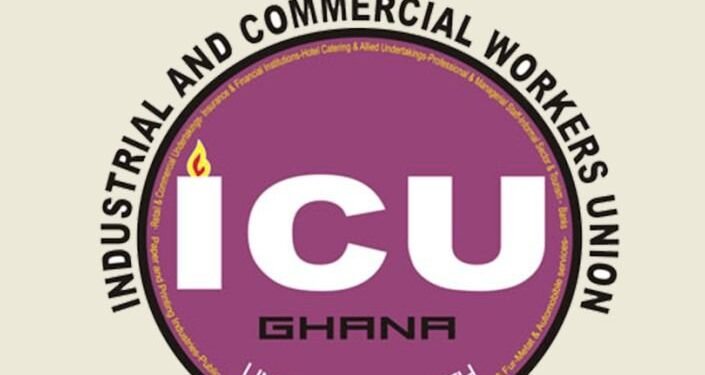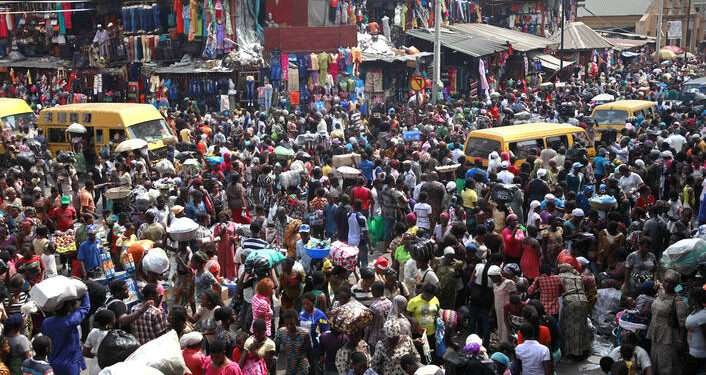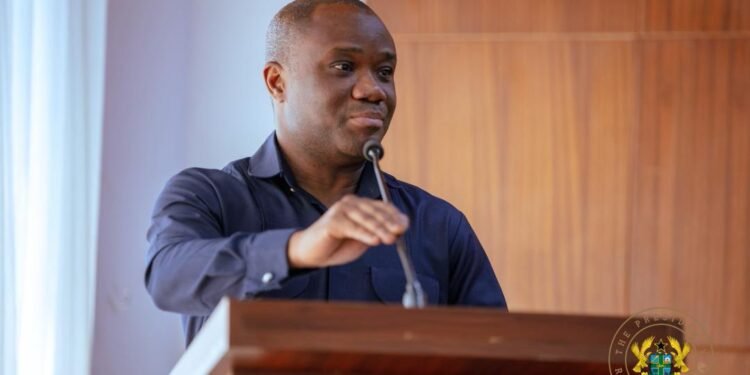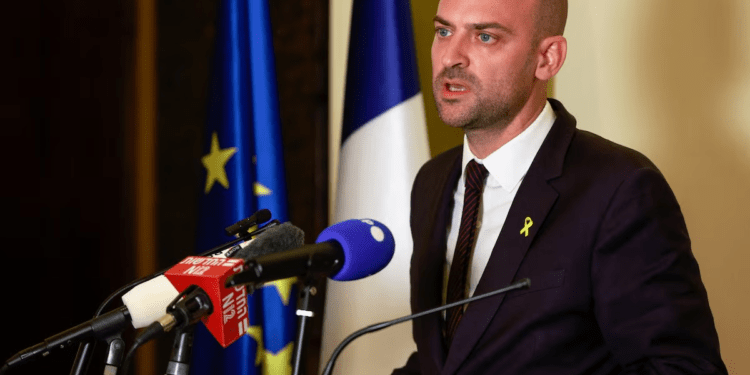Moldovans headed to the polls on Sunday, October 20, 2024, for a presidential election and an EU referendum that will mark a pivotal moment in the tug-of-war between Russia and the west over the future of the country.
Aside choosing their President, voters will also choose “Yes” or “No” in a referendum on whether to enshrine in the country’s constitution its path towards the 27-nation EU.
Voting will end at 9pm (18:00 GMT) and partial results are expected by about 10pm (19:00 GMT).
The pro-western President, Maia Sandu, hopes to advance her agenda by winning a second term and securing a “Yes” in the referendum to affirm EU accession as a “irreversible” goal in the constitution.
Since the breakup of the Soviet Union, Moldova has gravitated between pro-western and pro-Russian courses, but under Sandu the impoverished country has accelerated its push to escape Moscow’s orbit amid its war in neighbouring Ukraine.
Ties with Moscow deteriorated since Sandu came to power in December 2020. Her government has condemned Russia’s invasion of Ukraine, accused Moscow of plotting her overthrow and diversified energy supply after Russia reduced gas supplies.
Polls indicate that Sandu has a sizeable lead over her 10 rivals on the ballot.
The race will go to a November 3 run-off if she fails to reach the 50 percent threshold needed for an outright win.
Sandu, from the Party of Action and Solidarity (PAS), would likely face Alexandr Stoianoglo, a former Prosecutor General backed by the traditionally pro-Russian Party of Socialists, if the vote goes to a second round.
The elections have been marred by allegations of meddling by Russia.
Sandu and her allies warned that the election outcomes could be affected by a large-scale influence campaign of vote-buying and misinformation orchestrated Russia and its proxies.
Police have accused Ilan Shor, a fugitive tycoon who lives in Russia, of trying to pay off at least 130,000 voters to vote “No” and back a specific candidate.
Moldovans are currently facing high energy prices and inflation, while the minimum wage remains low, at 5,000 lei ($283).
The war in Ukraine has plunged Moldova into a deeper financial crisis, as tens of thousands of Ukrainian refugees have fled to the country, placing immense pressure on its healthcare system, public services, and infrastructure. Inflation has risen by as much as 40% as trade with Moscow and Kyiv sharply declined.
Sandu says joining the EU will help improve conditions
Meanwhile, Moldova’s financial struggles have galvanised opponents of the country’s shift away from Russia.
They are using the crisis as an opportunity to advocate for renewed ties with the Kremlin, framing Moldova’s hardships as a consequence of its western-leaning policies.
Possible For Sandu To Go Into Second Round

Rasmus Nilsson, Lecturer at UCL school of Slavonic and East European Studies opined that while Sandu is “the clear favourite to win,” it’s possible she will have to go into a second round.
Speaking with a news agency, he noted that the opinion polls put her in the mid to high 30 percent of support, “so that would indicate a second round might take place.”
Also, Nilsson said that if the referendum does not conclude with a “Yes” result, then “Moldova’s western trajectory is not secured.”
“Moldova is a very poor country and the socioeconomic difficulties will certainly create an unstable country in the years to come.”
Rasmus Nilsson
Nilsson added that if Moldova’s trajectory towards the EU was put in doubt, then that might also damage investment in and socioeconomic opportunities in the country. “Immediately, there would not be dangerous consequences, but in the medium to long term, you could be looking at a less stable state,” he said.
Polls by WatchDog, a Chisinau-based think tank, show a clear majority, with more than 50 percent supporting the EU path. The referendum needs a one-third turnout to be valid.
Five presidential candidates have told their supporters to vote “No” or boycott, saying the timing of the referendum is solely to ensure Sandu’s election.
READ ALSO: Kwame Akuffo Criticizes Supreme Court’s Approach to Legal Proceedings

